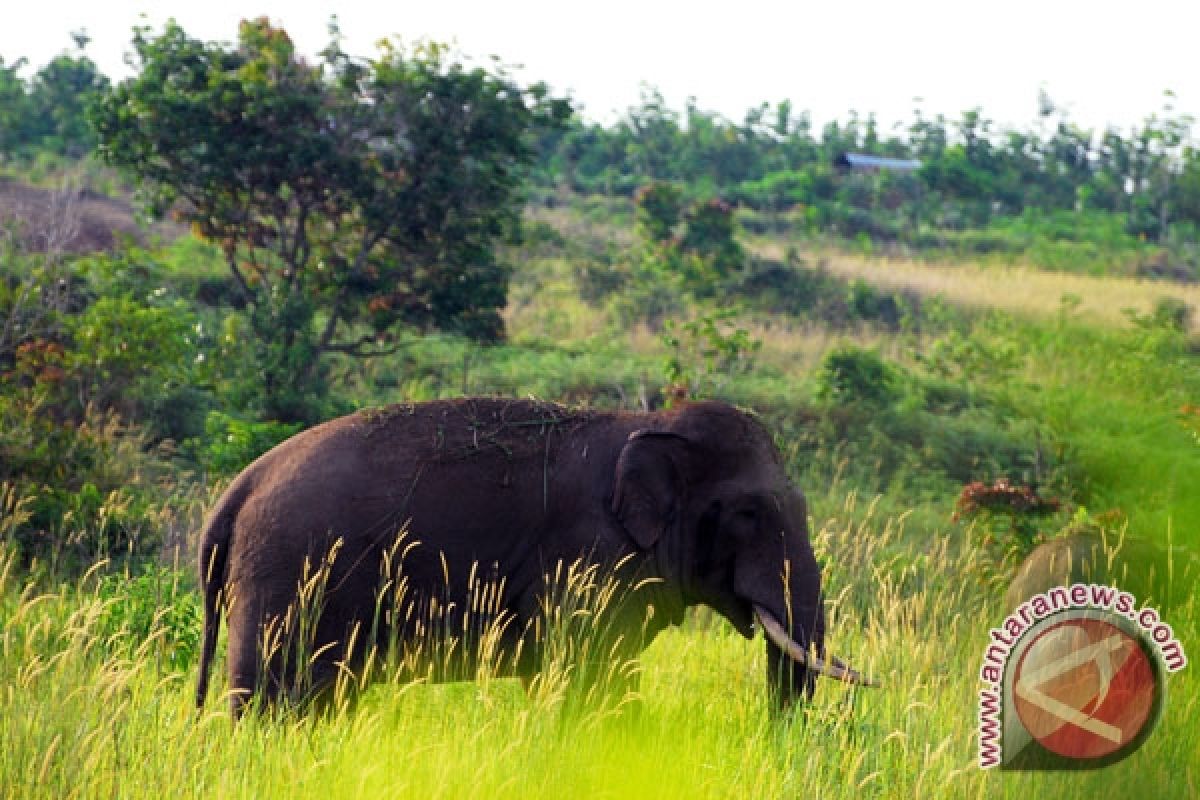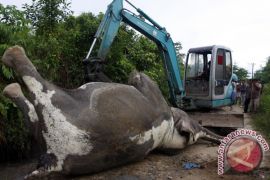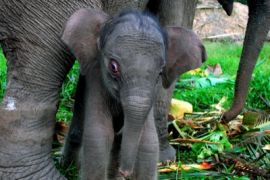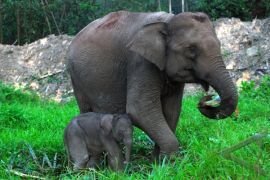"Tens of elephants entered the plantation areas in the morning, at around 4 am, and luckily they did not attack the settlement area," Head of the Bukit Barisan Selatan National Park Office`s national park management section Achmad Sutardy said at Bengkunat, Saturday.
The area is currently guarded by a number of the national park`s staff members.
The elephants came out of the national park to find food.
"Every year, wild elephants came out of the forest to move to location where food is available. It happens that the elephants` route is near the human settlement located next to the forest," he said.
Local villages were scared because the presence of the elephants could threatened their lives, Achmad said.
Every night, 12 national park officers and local villagers guard the plantation and settlement areas from the animals.
Conflicts between Sumatran elephants (Elephas maximus sumatranus) and humans have increased over the past few years claiming lives among both humans and elephants but mostly among the giant animals.
At least 14 elephants were found dead during the period of 2004-2011, but who had caused their deaths has remained "not known".
Among the most tragic one occurred in May 2002, when a herd of 17 Sumatran elephants were poisoned in a community oil palm plantation on Sumatra island.
The latest deaths of Sumatran elephants were found in April 2011 when four elephants were reportedly poisoned to death in an oil palm plantation at Putri Hijau, North Bengkulu district, Bengkulu Province.
According to data from 2007-2009, there were at least 21 conflicts between elephants and local people in Indonesia which estimated to have caused Rp500 million of material losses per year.
(Uu.F001/HAJM)
Editor: Priyambodo RH
Copyright © ANTARA 2011











